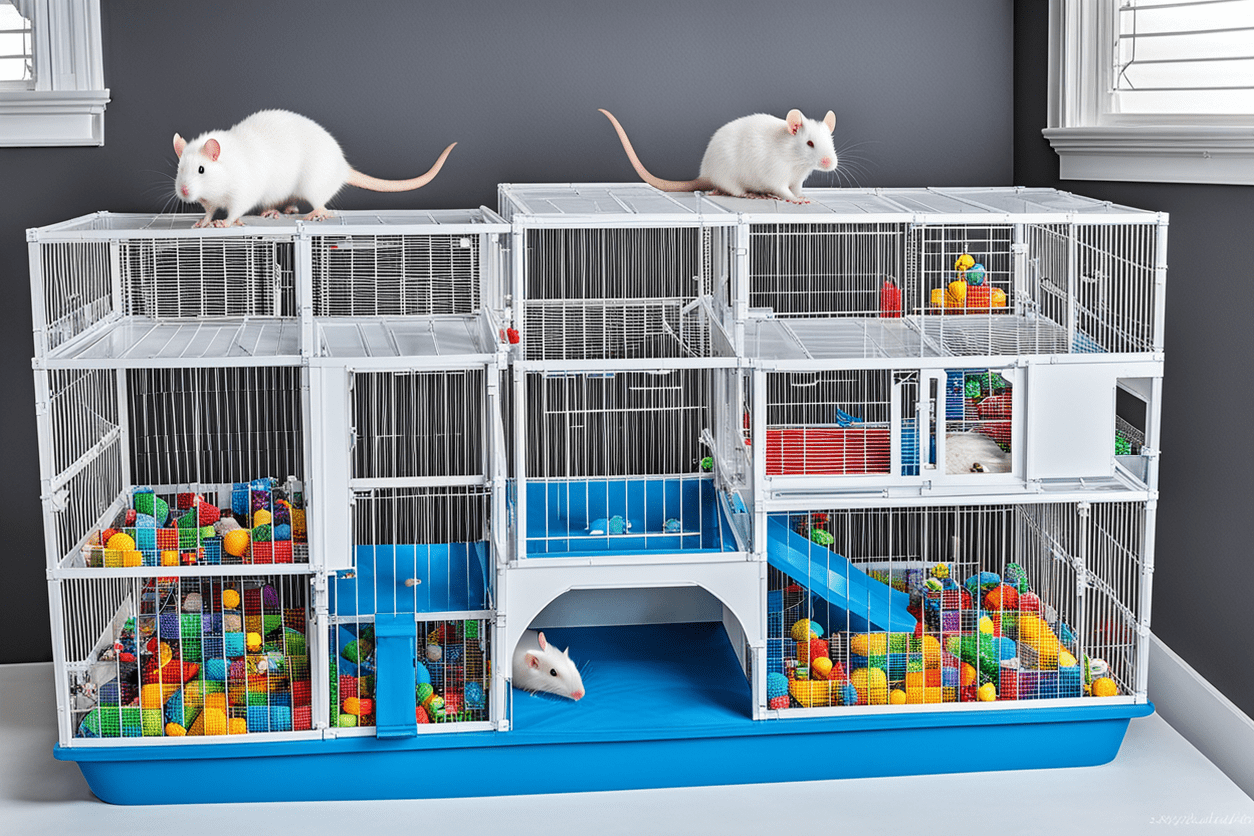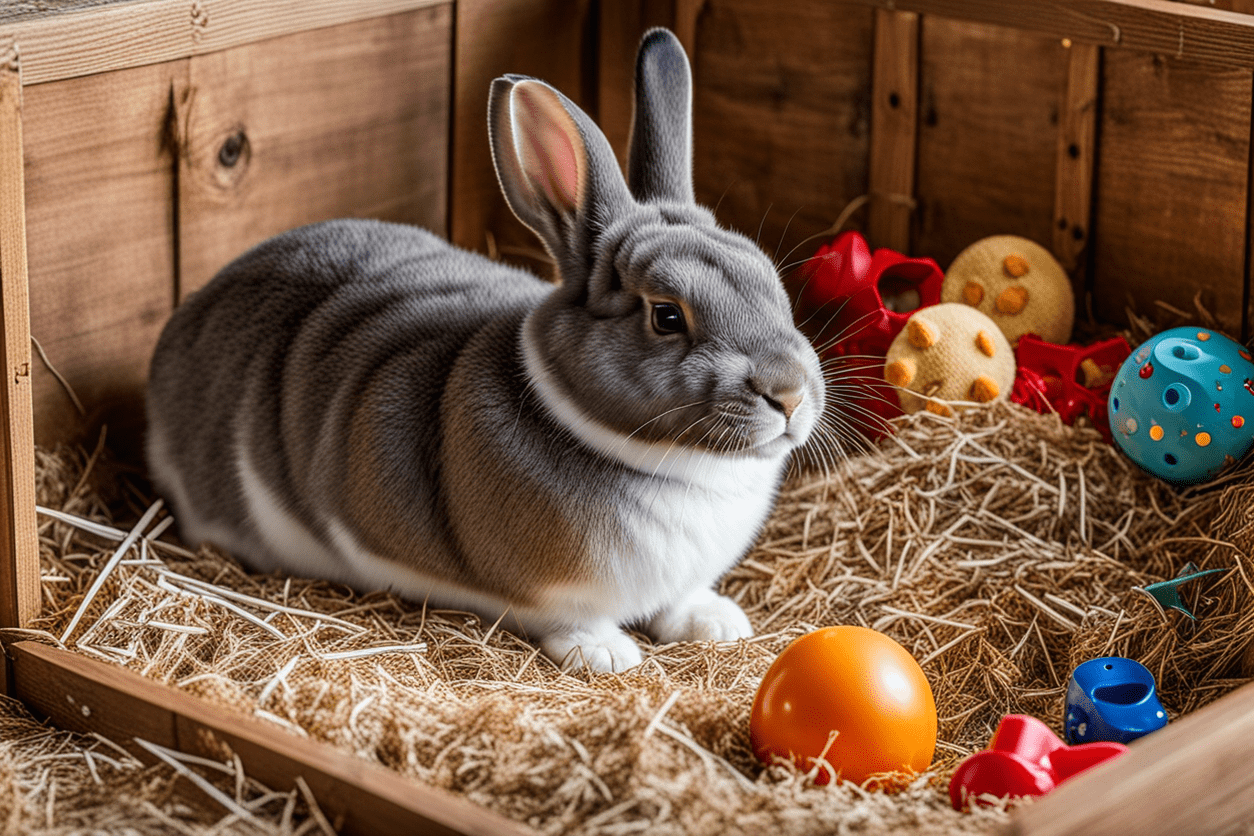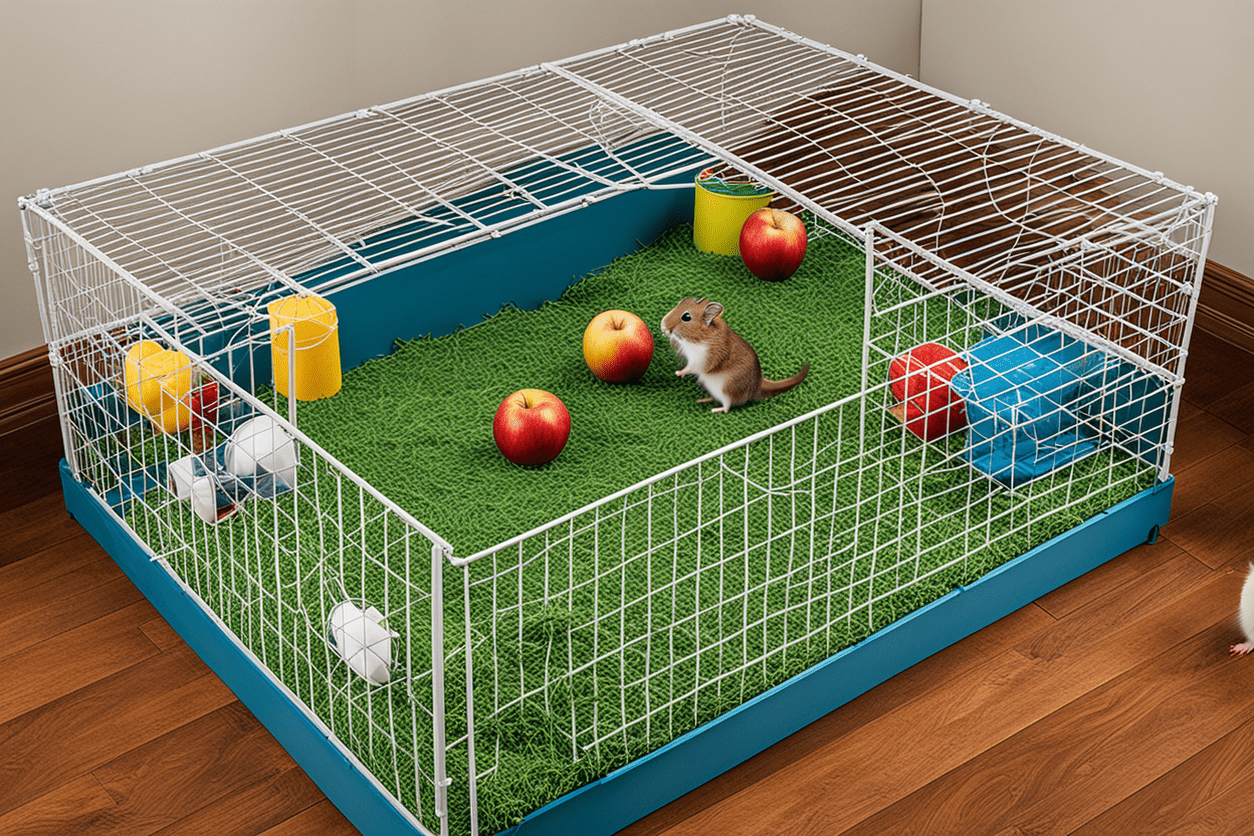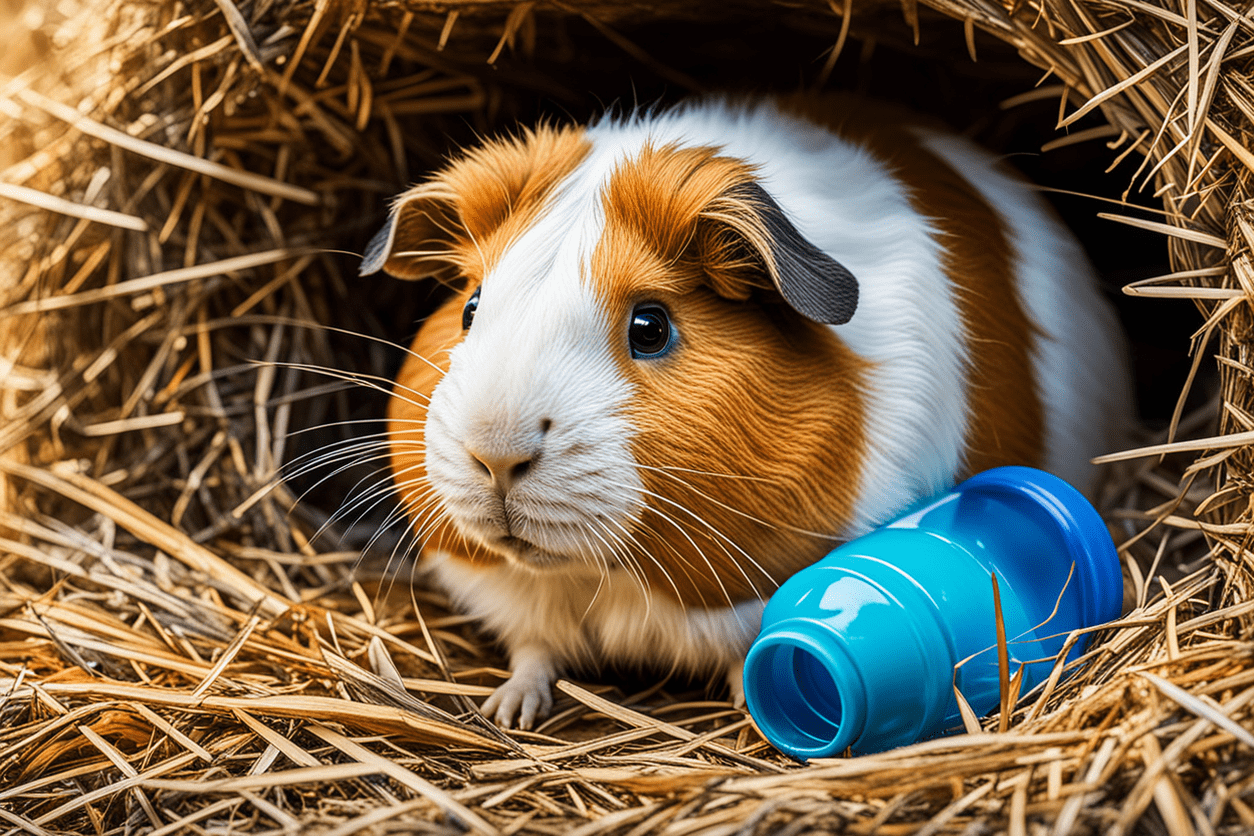Corgi Dog Breed Information & Characteristics
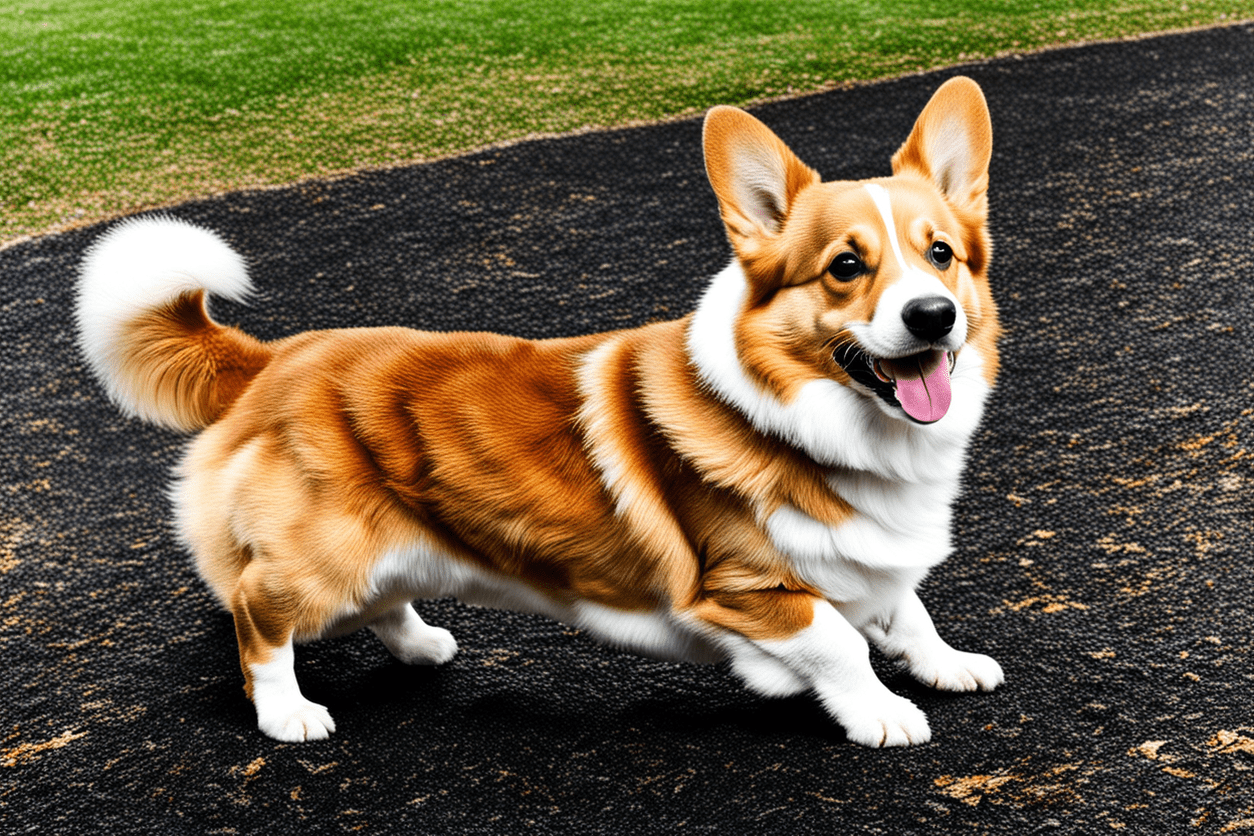
Introduction
The Corgi, known for its compact stature, expressive face, and perky ears, is one of the most instantly recognizable dog breeds. Originating from Wales and steeped in a rich history, Corgis have charmed their way into the hearts of royals and commoners alike. Beyond their cute appearance, these dogs are full of personality and vigor, making them excellent companions for a variety of households. This article will explore the fascinating aspects of the Corgi breed, delving into its history, characteristics, temperament, care requirements, and much more.
History and Origin
Origins of the Breed
Corgis, falling under two distinct breeds—Pembroke Welsh Corgi and Cardigan Welsh Corgi—have their roots deeply embedded in Welsh history. The Pembroke Welsh Corgi is thought to have descended from Swedish Vallhunds brought to Wales by Scandinavian settlers over a thousand years ago. On the other hand, the Cardigan Welsh Corgi has been part of Welsh life for over 3,000 years and is believed to have been brought to Wales by Celtic tribes from Central Europe.
Originally, Corgis were bred for herding purposes. Their low stature allowed them to nip at the heels of cattle and ducks without getting kicked, demonstrating their agility and resilience. Besides herding, Corgis served as guard dogs, showcasing their versatility and intelligence.
Evolution Over Time
Over centuries, the primary role of the Corgi has shifted significantly. While they were initially bred for herding, their friendly nature and manageable size have made them popular as companion animals. Their pleasing aesthetics and vivacious personality have also contributed to their modern-day allure, cementing their status in various canine competitions and social settings.
Physical Characteristics
General Appearance
Corgis are small but sturdy dogs. Pembroke Welsh Corgis typically weigh between 25-30 pounds, standing about 10-12 inches tall at the shoulder. Cardigan Welsh Corgis are slightly larger, averaging around 30-38 pounds and standing 10.5-12.5 inches tall. Both breeds exhibit a muscular build and a distinct, elongated torso, which gives them that characteristic Corgi silhouette.
Coat
Corgis possess a double coat that helps them withstand various weather conditions. The outer coat is typically short to medium-length and slightly rough, while the undercoat is soft and dense. Pembroke Welsh Corgis come in a variety of colors, including red, sable, fawn, black, and tan, with or without white markings. Cardigan Welsh Corgis offer a broader color spectrum, including blue merle alongside the traditional hues.
Distinguishing Features
One of the hallmark features of the Corgi is its ears—erect and proportionate to the head, giving an alert expression. Another noteworthy trait, especially in the Pembroke Welsh Corgi, is a naturally short or docked tail, contrary to the Cardigan's long, bushy tail. Their expressive eyes and fox-like face add to their overall charm.
Temperament and Personality
General Temperament
Corgis are known for their lively and outgoing character. They are affectionate, loyal, and spirited, always seeming eager to join in on family activities. Their intelligence is another striking trait, manifesting in their quick learning and problem-solving abilities. Despite their small size, Corgis are bold and confident, making them excellent watchdogs.
Compatibility with Families, Children, and Pets
Corgis are wonderful family pets due to their friendly and affectionate nature. They are generally good with children, displaying patience and playfulness, although early socialization is vital to prevent any herding behavior like nipping. When introduced correctly, they can get along well with other pets, including cats. However, their herding instincts might lead them to boss other small animals around.
Activity Level
Despite their small size, Corgis are quite energetic. They require regular exercise to keep them physically and mentally stimulated. Daily walks, playtime, and mental exercises such as puzzle toys can help tire them out and keep them content.
Training and Socialization
Trainability
Corgis are highly trainable due to their intelligence and eagerness to please. They respond well to positive reinforcement techniques, such as treats and praise. However, their independent streak may occasionally make them stubborn, requiring a patient and consistent training approach.
Socialization Needs
Early socialization is crucial for Corgis to develop into well-rounded adults. Introducing them to a variety of people, environments, and other animals at a young age helps mitigate any potential behavioral issues. Puppy classes and regular interactions with other dogs can also contribute positively to their social development.
Health Issues and Life Expectancy
Common Health Problems
Corgis are generally healthy dogs but can be prone to certain genetic health issues. Common conditions include hip dysplasia, degenerative myelopathy, and progressive retinal atrophy (PRA). Their long backs make them susceptible to intervertebral disc disease, so caution should be taken to avoid excessive jumping or strenuous activity that might stress their spine.
Lifespan
With proper care, Corgis typically live between 12-15 years. Regular veterinary check-ups, a balanced diet, and adequate exercise contribute significantly to their longevity and overall well-being.
Care Requirements
Feeding/Dietary Needs
Corgis should be fed a high-quality dog food that meets their nutritional needs based on their age, size, and activity level. Due to their tendency to gain weight easily, it's essential to monitor their food intake and avoid excessive treats. Consultation with a veterinarian can help determine the best diet plan tailored to their specific needs.
Exercise Initiatives
Corgis are active dogs that thrive on physical and mental stimulation. Daily walks, interactive play sessions, and activities like agility or obedience training can help keep them in peak condition. They also enjoy herding activities and will appreciate games that engage their natural instincts.
Grooming Routines
Corgis shed year-round, with more substantial shedding occurring during seasonal changes. Regular brushing—at least once or twice a week—can help manage their shedding and keep their coat healthy. Occasional baths, routine ear cleaning, and nail trimming are also essential parts of their grooming regimen.
Ideal Living Conditions
Space Requirements
Corgis are adaptable and can live comfortably in various living situations, including apartments, provided they receive enough exercise. However, they thrive in homes with secure yards where they can run and play freely. Their herding instinct may lead them to explore, so a secure boundary is vital.
Climate Tolerance
Corgis have a dense double coat, which provides excellent insulation against the cold. They can handle cooler climates well but may require extra care during hot weather to avoid overheating. Ensuring they have access to fresh water, shade, and limiting strenuous activities during peak heat can help keep them safe.
Famous Examples & Popularity
Notable Dogs from This Breed
The most famous advocate for the Corgi breed was undoubtedly Queen Elizabeth II. Her lifelong love for Pembroke Welsh Corgis brought significant public attention to the breed. The Queen's Corgis often made appearances in media, bringing even more charm to their already adorable reputation.
Popularity Trends
In recent years, Corgis have seen a surge in popularity, especially in urban areas and among younger pet owners. Their manageable size, endearing looks, and engaging personalities make them a favorite choice for many. Social media platforms like Instagram and TikTok have also played a significant role in boosting their popularity, with countless Corgi accounts showcasing their antics and adventures.
Frequently Asked Questions
Do Corgis bark a lot?
Yes, Corgis are known to be quite vocal. They will bark to alert their owners of strangers or unusual activities, making them excellent watchdogs.
Are Corgis good for first-time dog owners?
Corgis can be suitable for first-time dog owners who are prepared to invest time in training and exercise. Their intelligence and trainability make them a rewarding breed but require consistent effort.
How often should I groom my Corgi?
Corgis should be brushed at least once or twice a week. During heavy shedding periods, more frequent brushing may be necessary to manage their coat.
Do Corgis get along with other pets?
With proper socialization, Corgis generally get along well with other pets. However, their herding instincts might cause them to try and boss smaller animals around.
Can Corgis live in apartments?
Yes, Corgis can live in apartments as long as they receive sufficient daily exercise and mental stimulation.
What are common health issues in Corgis?
Common health issues include hip dysplasia, degenerative myelopathy, and progressive retinal atrophy. Regular vet check-ups can help catch potential problems early.
Are Pembroke and Cardigan Corgis different?
Yes, Pembroke and Cardigan Welsh Corgis are distinct breeds with different origins. Pembrokes have docked tails, while Cardigans have long, bushy tails, among other differences.
How much exercise do Corgis need?
Corgis require at least 1 to 2 hours of exercise daily. This can include walks, playtime, and mentally stimulating activities.
Are Corgis good with children?
Generally, Corgis are good with children. They are playful and affectionate, but early socialization and supervision are important to prevent herding behaviors like nipping.
What is the lifespan of a Corgi?
With proper care, Corgis typically live between 12-15 years.
Conclusion
Corgis are much more than their adorable looks and royal connections. They are intelligent, affectionate, and energetic dogs that thrive on human companionship and activity. Whether you're an experienced dog owner or a newbie, owning a Corgi can be an immensely rewarding experience. Understanding their history, needs, and quirks can help ensure a happy and healthy life for these delightful dogs. If you are considering bringing a Corgi into your home, they promise a life filled with love, loyalty, and a bit of playful mischief. For further information, don't hesitate to explore more resources on cats and dogs.

